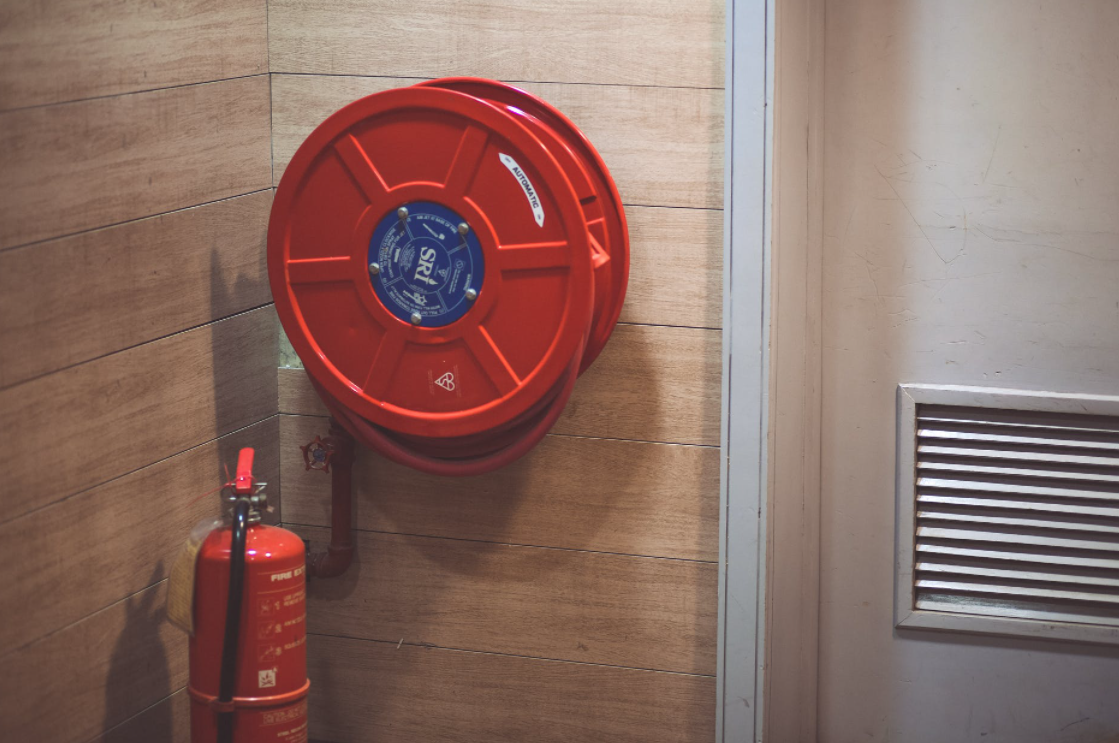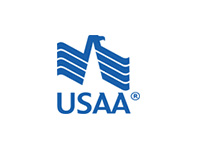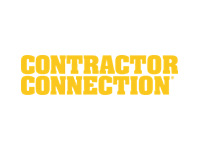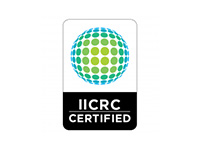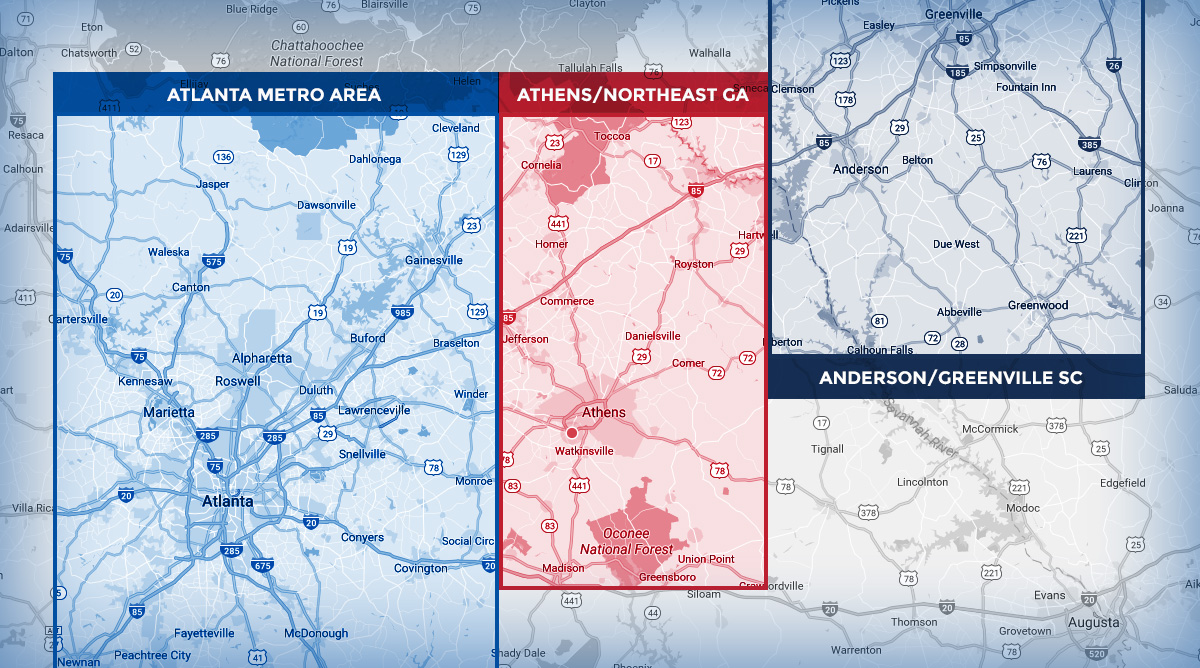Whether in a small business or a global enterprise, fires are an extremely deadly and destructive risk factor for employees. Industrial businesses are at higher risk of workplace fires due to welding and electrical output.
That said, even a neglected cigarette can cause a massive fire to break out in an office, factory, or warehouse. Continue reading below to discover seven ways to protect your employees from a workplace fire.
1) Proper Inspections
One of the best ways to prevent a fire is to keep all areas of operation well-maintained. It includes but is not limited to checking for broken cords, not overloading power strips, and not blocking fire exits and extinguishers.
Moreover, keep appliances clean of flammable substances like fat, sauces, sugars, or anything that may ignite. If you notice any appliances producing a burning smell or smoke, be sure to unplug them right away.
2) Have Enough Fire Extinguishers
A company must have an adequate number of fire extinguishers of the right model. They work as an excellent first response to any flames that may develop on the job.
Here’s a breakdown of each type of fire to help you find the appropriate extinguisher:
- Class A Fires: Burning wood, textiles, or paper (standard in offices)
- Class B Fires: Burning flammable liquids (gasoline, aerosol, oil)
- Class C Fires: Burning electrical equipment (standard in factories)
- Class D Fires: Burning metal shavings or powders (common in industrial settings)
- Class K Fire Extinguisher: Designed for flames in the kitchen (commercial and restaurant)
Furthermore, all staff should have training on how to use the extinguisher in the event of a fire. When people are in emergencies, they can easily forget basic mechanics, so routine training will help create muscle memory.
If an extinguisher doesn’t contain the flames, make sure to evacuate the building right away and wait for emergency responders.
3) Up-to-Date Flame Detection Systems
You’re probably well aware that you need to change the batteries in your home smoke alarms at least once a year. The same goes for the workplace. What’s more, companies can install a vast array of flame detection systems to help contain a fire if one breaks out.
From heat sensors to smoke alarms, you must keep these devices well-maintained for them to function correctly. Your company should test these systems regularly to ensure they’ll work when you need them the most.
Also, emphasize to employees how crucial it is for them to speak up if they see any smoke, smell something burning, or notice any other warning signs that there’s a fire in the workplace.
4) Proper Chemical Storage
Various companies store hazardous chemicals. However, proper chemical storage can mean the difference between life and death. Whether you have flammable cleaning solutions or lighter fluid in your storage rooms, you should treat all these substances with extreme caution.
Many chemicals come with warning labels and storage information, so be sure to follow them strictly. You should also set aside time to inspect your chemical storage site to ensure everything aligns with your fire safety protocol.
5) Emergency Planning and Preparation
Companies are responsible for having an emergency action plan (EAP), and all employees need to be in the loop. An EAP is a guideline for whenever an emergency arises, including fires. You typically want to create a checklist of all steps required to get everyone out of the building and away from danger.
An EAP may also include having proper signage around the workplace that labels potential dangers. It can include ‘no smoking’ signs or other warnings.
Furthermore, you should schedule routine practice tests so that employees can physically go through the steps. This way, they’ll know what to do when the time comes.
6) Proper Building Security
Arson is one of the leading causes of building fires. As a result, you should invest in top-notch security to prevent any intentional fires by a disgruntled employee.
Furthermore, all employees should learn to lock up if they’re the last ones leaving the property.
7) Designate Smoking Areas
Smoking negligence is one of the leading causes of fire-related deaths in North America. Smoking in areas that contain flammable liquids or combustible materials increases your chances of a devastating fire breaking out.
As a rule, make employees only smoke in designated areas. It differs by state, but the designated smoking area should usually be at least 20 feet from the building.
Additional Fire Safety Tips
Here are some extra safety precautions you can take to increase fire safety in the workplace:
- Stop, Drop, And Roll. If you or an employee’s clothes catch fire, don’t run. Instead, stop, drop, and roll to try and smother the fire.
- Crawl Low To Escape. If the workplace is full of smoke, get as low as possible when trying to evacuate. Smoke rises, so the air closest to the ground will be the cleanest.
- Cool Burns. If someone is burned, run it under cool water if possible, and don’t ever apply ice. If a wound appears life-threatening, call 911 right away.
Conclusion
The idea of a fire in the workplace can be terrifying. However, you need to try your best to remain calm and follow all safety procedures. Remember, items are replaceable; lives are not. Therefore, make safety a top priority and get in contact with emergency services as soon as possible.
If your property has suffered from fire damage, contact our team today to learn how we can help with restoration

